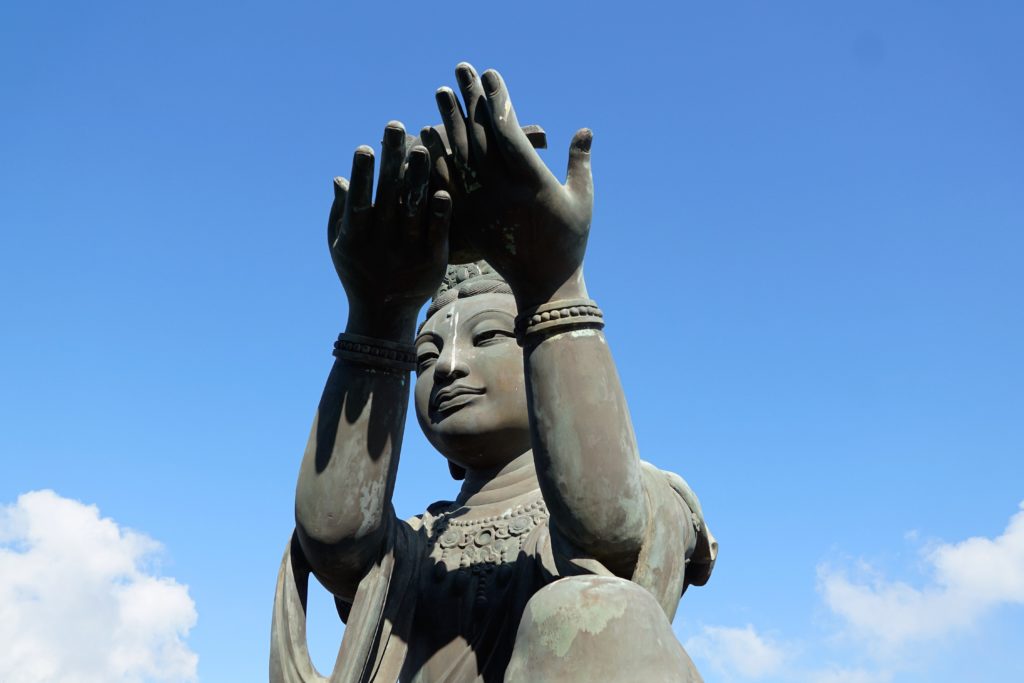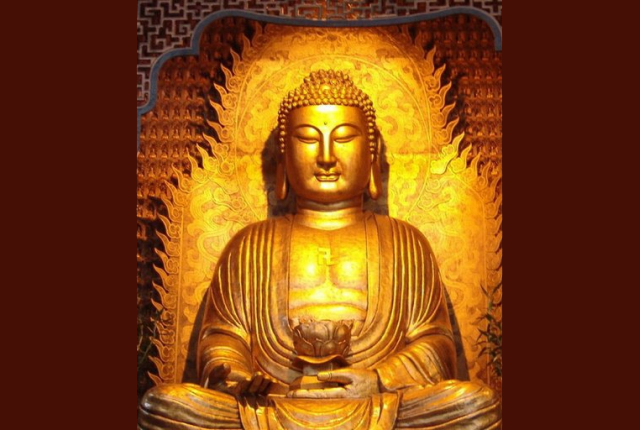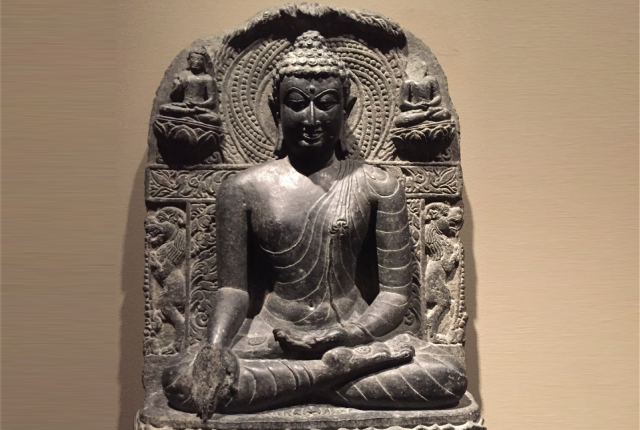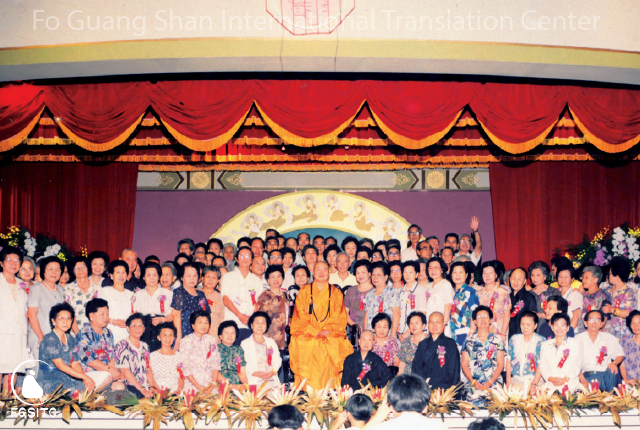
To “commit” is to give assurance to others and to make a conscientious effort to deliver a promise. To instill credibility and trustworthiness, we must honor our words. Confucius once said, “One without credibility is like a large vehicle without a brake pedal, or a small carriage without axles. How can one go anywhere?”
Living up to one’s word is a basic courtesy. In past agricultural societies, transportation was very inconvenient and modes of communication were underdeveloped. To deliver mail to and from home, people traveling on business relied heavily on couriers. But there was no contract between the parties, and there were rarely witnesses. There was only good faith. No matter how far the messengers needed to travel or how many obstacles they had to overcome, the deliveries had to be made. This is the strength of a commitment.
Ancient people took commitment very seriously. Many used common proverbs to describe the value of commitment. Here are a few examples.
A promise is worth a thousand ounces of gold.
A promise is worth nine golden tripods.
Once one’s words are spoken, they cannot be retrieved, even by four quick horses.
To befriend sincerely, one’s word is one’s faith.
If one’s word proves one’s faith, his actions are highly respected.
Politicians who keep promises gain the trust of voters, making it easier for them to enact legislation. Supervisors who adhere to their commitments inspire their subordinates, enhancing their confidence and faith.
Friends who honor their word strengthen their friendships. Some people not only make and keep commitments to people, they also make commitments of their time. For instance, Venerable Yi Jung and Venerable Shao Chueh of Fo Guang Shan have committed themselves to serve at the Lan Yang Senior Citizens Home in Ilan, Taiwan for thirty years. In honoring their pledge, they work diligently and never complain. As of today, they have yet to request a job change.
Some people make commitments, but with money. If they pledge a donation to assist others, they follow through with their promise. Some may make a commitment for the future, such as executing someone’s will, or passing on a position or an office. Others are faithful in relationships. The numerous poems penned over the ages are testimony to the commitment couples make to love.
The ancients would commit a lifetime to honor a promise, readily sacrificing their lives if necessary. Unfortunately, people in modern society make casual pledges and break their word just as casually. So individuals are left with no choice but resort to written contracts, tape recordings, video tapings, witnesses, public notaries, trust funds, and other legal means to ensure that promises are kept. In dealing with others and handling affairs, one may gain temporarily by being crafty, but it is only by being trustworthy and realistic in our actions that we are able to really earn the lasting faith of others.
From All in a Thought, written by Venerable Master Hsing Yun.
Image from Pixabay.












